|
https://mailchi.mp/b27805409598/may-2023-newsletter?e=9909c84291
0 Comments
On May 16, Sung visited Gijichon* Women’s Peace Museum-Seven Sisters and Sunlit Sisters’ Center in Pyeongtaek, South Korea. The survivors were busy preparing for the play, Off Limit, a story of their life journey, focusing on the present. The play will be held in July. During the discussion, referring to the Sept. 29 court case last year, one survivor said, “It was the happiest day of my life.”
On Sept. 29, 2022, South Korea’s highest court ordered the state to pay compensation to women who were forced or coerced into military sexual exploitation in so-called “camptowns” or Gijichon that developed around U.S. military bases. Recognizing the state’s responsibility for encouraging and justifying the military exploitation, the court ordered the state to pay between 3 million and 7 million won (approximately $2,100–$4,900) in compensation each to a total of 95 former Gijichon women. *South Korea is home to the largest U.S. foreign military installation. Structured sexual violence at so-called “camptowns” or Gijichon developed around U.S. military bases in South Korea after the Korean War (1950–53). To learn more about the connection between U.S. militarism and sexual exploitation in South Korea, read this article from ESJF’s intern, Esmé Lee-Gardner’s brief research, U.S. Militarism and the Asian Diaspora. In Osaka, home to the largest Korean Japanese community, Sung learned about ethnic discrimination against Korean descendants in Japan. The Osaka Korea Town Museum, which opened on April 29 last month, preserves the history of oppression and resistance of the Korean descendants in Japan.
Chungja Bang, from the Osaka-based Japanese Military “Comfort Women” Issue Kansai Network (in short, Kansai Network), provided a guided museum tour and other historical sites related to Japanese colonialism. The Kansai Network supported the effort to install the San Francisco “comfort women” memorial, Women’s Column of Strength. In November 2017, the Kansai Network led a petition campaign to support the adoption of the San Francisco Board of Supervisors’ Resolution 415-17. This petition campaign demonstrated that the Osaka mayor’s intention to sever sister-city ties with SF and his opposition to the SF “comfort women” memorial did not reflect the wishes of all Osaka residents. More than a hundred Osaka residents and thirty-seven organizations endorsed the petition, which was then presented to Mayor Lee on Nov. 21, 2017, along with messages of support from more than twenty Osaka residents and major labor unions in Osaka, Tokyo, and Chiba. On Nov. 22, 2017, Mayor Lee signed Resolution No. 415-17, retroactively authorizing the San Francisco Arts Commission to accept a gift of the SF memorial, Women's Column of Strength. Sung met other activists in Osaka working to eliminate discrimination in Japan, including Chanyu Ko, a documentary filmmaker. Ko’s second documentary, We Are Human! (2022) was nominated for the March 2023 NY International Film Awards’ Best Documentary Feature finalist category. His first documentary, Korean Schools in Japan (2019), received the 24th YWCA Justice and Peace Award for great media content in South Korea in 2020. Thanks to Hyon Tae Kim, executive director of the Korea NGO Center, and Kwang Min Kim, an activist and scholar, for sharing the history of the Korean Japanese diaspora in Osaka and their tireless work. On May 10, Sung visited Chiba Korean Elementary and Middle School in Japan. Throughout the schools’ history, as with most Korean schools in Japan, this school has endured ongoing state-sanctioned educational injustices based on ethnicity. Since 2017, ESJF has been supporting Chiba Korean Elementary and Middle School. Marking our fifth consecutive year of support, beginning in 2021, ESJF has hosted a student art competition held solely for the school’s students, with prizes awarded.
At Korea University in Seoul, Sung gave a lecture during the graduate course Media Philosophy. The topic was pan-Asian collective activism in SF as the key factor in installing the SF “comfort women” memorial and educational initiatives. This course, taught by Assistant Professor Haerin Shin, examines various mechanisms of alienating people labeled as minorities and the effects of this process on the larger society. Many personal stories, questions, and critical insights made the discussion highly engaging.
https://mailchi.mp/01fa1d57100c/april-2023-newsletter?e=9408bfc1cd
|
CategoriesCategories |
Proudly powered by Weebly

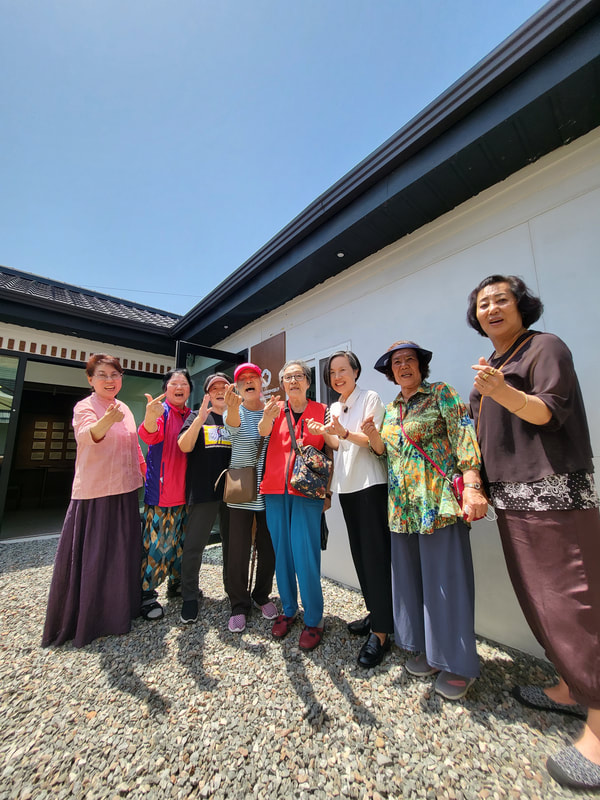
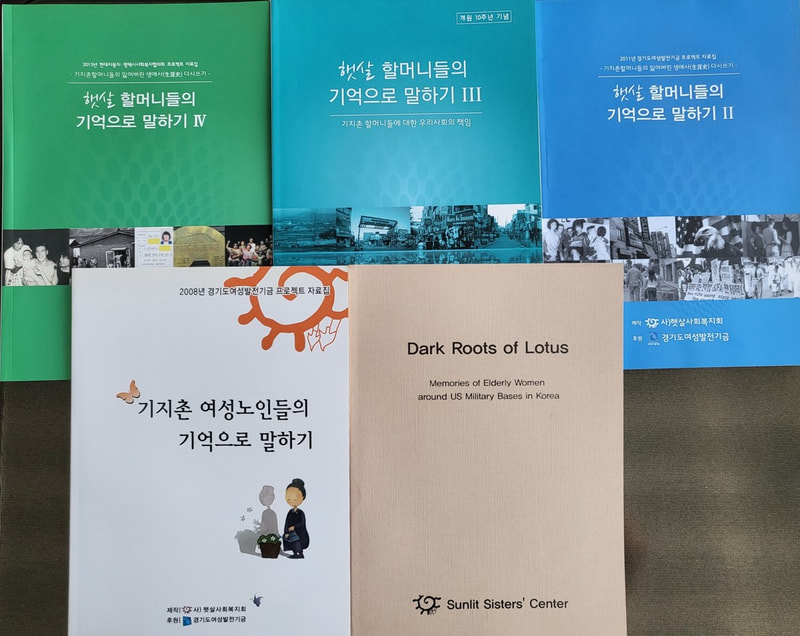
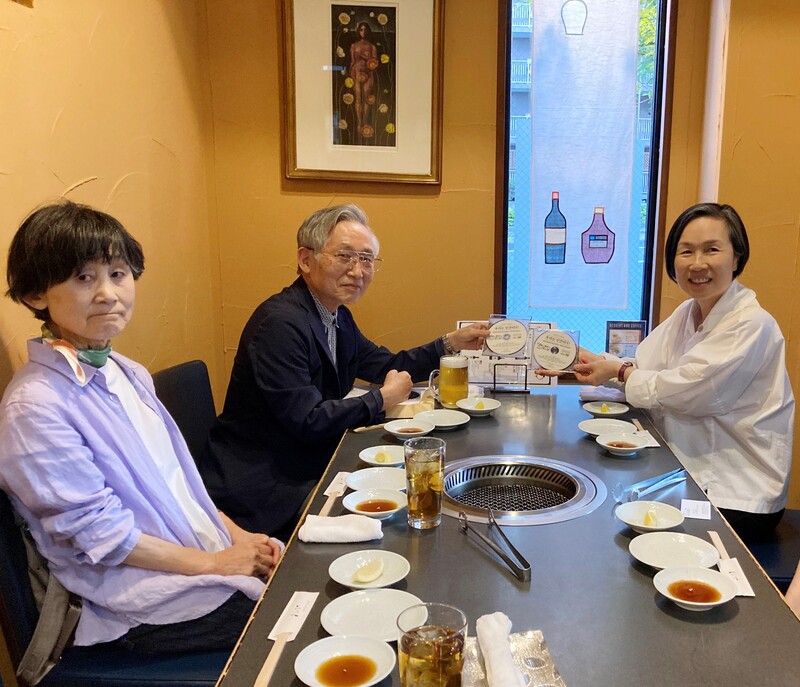
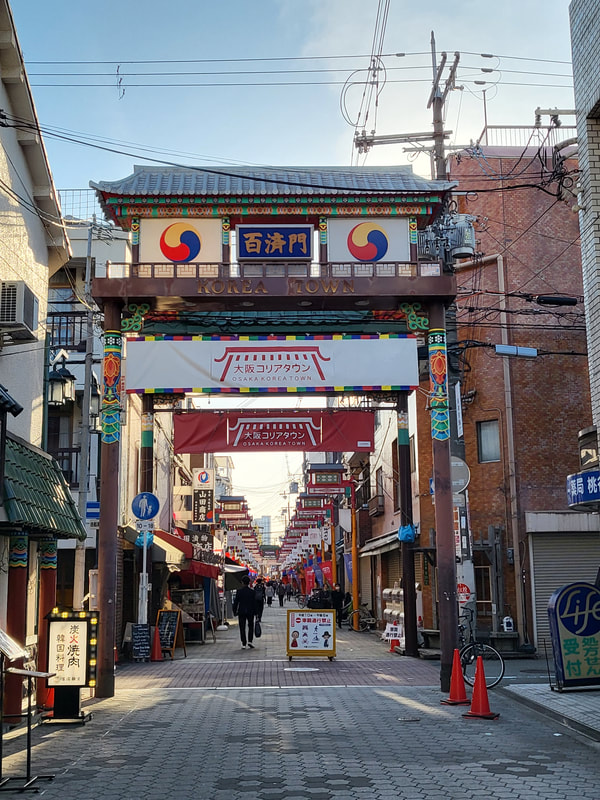

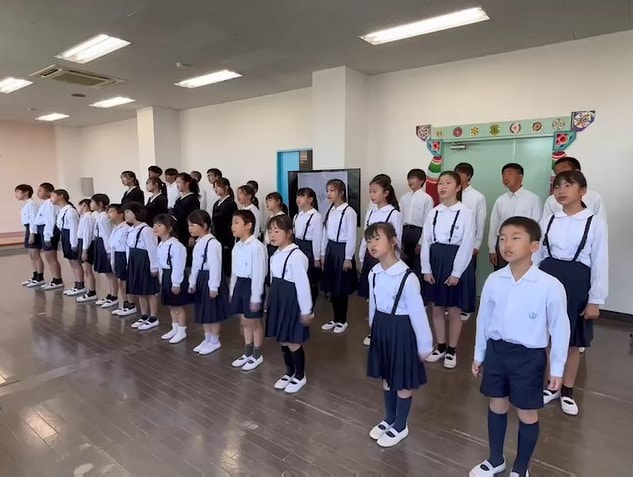

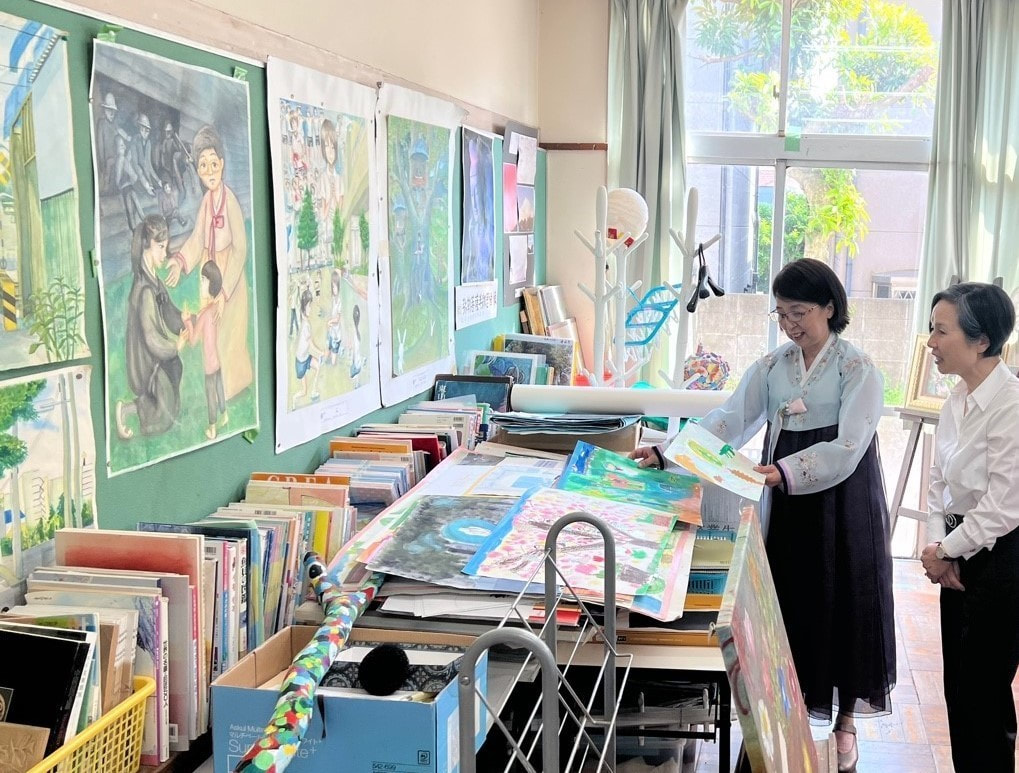
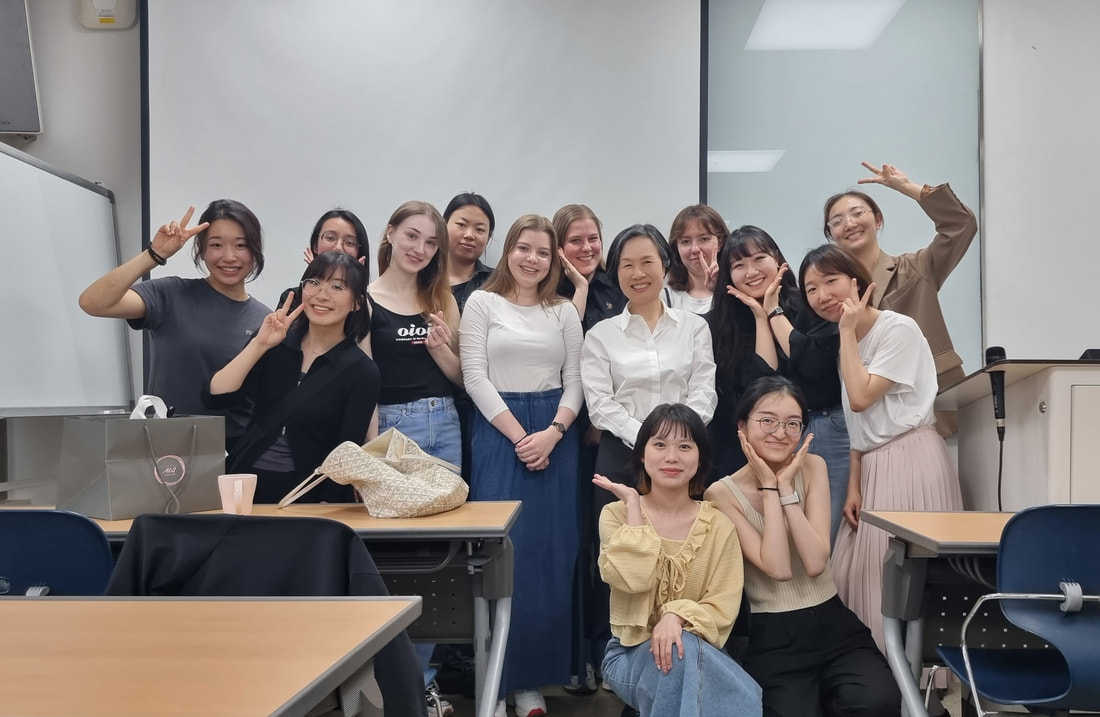
 RSS Feed
RSS Feed